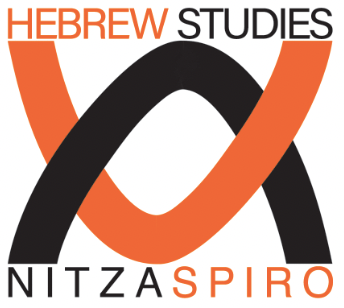RE: A LECTURE BY JOANNA B. MICHLIC, DIRECTOR OF THE HBI PROJECT ON FAMILIES, CHILDREN AND THE HOLOCAUST AT
BRANDEIS UNIVERSITY
IN LIGHT OF EARLY POST-WAR CORRESPONDENSE BETWEEN THEM
In post war years, we often come across the rescued who in their wish to put the past behind them sever contact with their rescuers. However, the phenomenon of continued contact with the rescuers is particularly interesting.
Joanna B. Michlic has based her extraordinary research on early post-war correspondence between rescuers and the rescued in Poland.
The lecture considers the early post-war recollections by Jewish survivors of rescuers and wartime rescue activities, and the relationships between rescuers and rescued Jews in the immediate post-war period. With the exception of the subject of anti-Jewish violence, an early post-war social history of Polish Jewry has largely eluded close treatment by historians, as has a similar treatment of Polish society. While the history of Polish rescuers has been raised in several publications, they have mostly been of popular nature, and with the subject heavily politicized and intensely emotionally charged. And it is only very recently that scholars in Poland, Israel and the West, have simultaneously embarked on more analytical and sophisticated investigations into the scope and the nature of these rescue activities, and into the typology of the rescuers.
The early post-war correspondence by Jewish survivors and rescuers to each other and to the Jewish organizations in Poland and abroad opens a new window onto Polish life for Jews and non-Jews in the immediate aftermath of the war and Holocaust. The main topic of the lecture concerns perceptions of rescuers by their former Jewish charges. I ask two questions: How did the rescued Jews relate to their rescuers in the immediate post-war period? And what image of rescuers emerges from letters of Jewish survivors written on their own initiative?
Joanna Beata Michlic is Director of HBI (Hadassah-Brandeis Institute) Project on Families, Children, and the Holocaust at Brandeis University. Until December 2008 she was an Associate Professor of History and Chair of the Holocaust and Ethical Values at Lehigh University, Bethlehem Pennsylvania. Her major publications include Neighbors Respond: The Controversy about Jedwabne (2004; co-edited with Antony Polonsky) and Poland's Threatening Other: The Image of the Jew from 1880 to the Present (hardback 2006, paperback 2008). She is currently working on two monographs, The Social History of Jewish Children in Poland: Survival and Identity, 19451949 and Bringing the Dark to Light: The Memory of the Holocaust in Postcommunist Europe, co-edited with John-Paul Himka.
Her research interests include the history and culture of East European Jewry, Polish-Jewish relations in the modern era, Jewish childhood, the Holocaust and its memory in Eastern Europe.
Her recent awards are: the Taube Foundation Grant for translation of Polands Threatening Other: The Image of the Jew from 1880 to the Present into Polish (Oficyna Wydawnicza Rytm, forthcoming); ǯrrie ten Boom Research Award at the Shoah Foundation Institute for Visual History and Education, University of Southern California LA, Spring 2008; and Memorial Foundation for Jewish Culture Fellowship 2009-2010.



